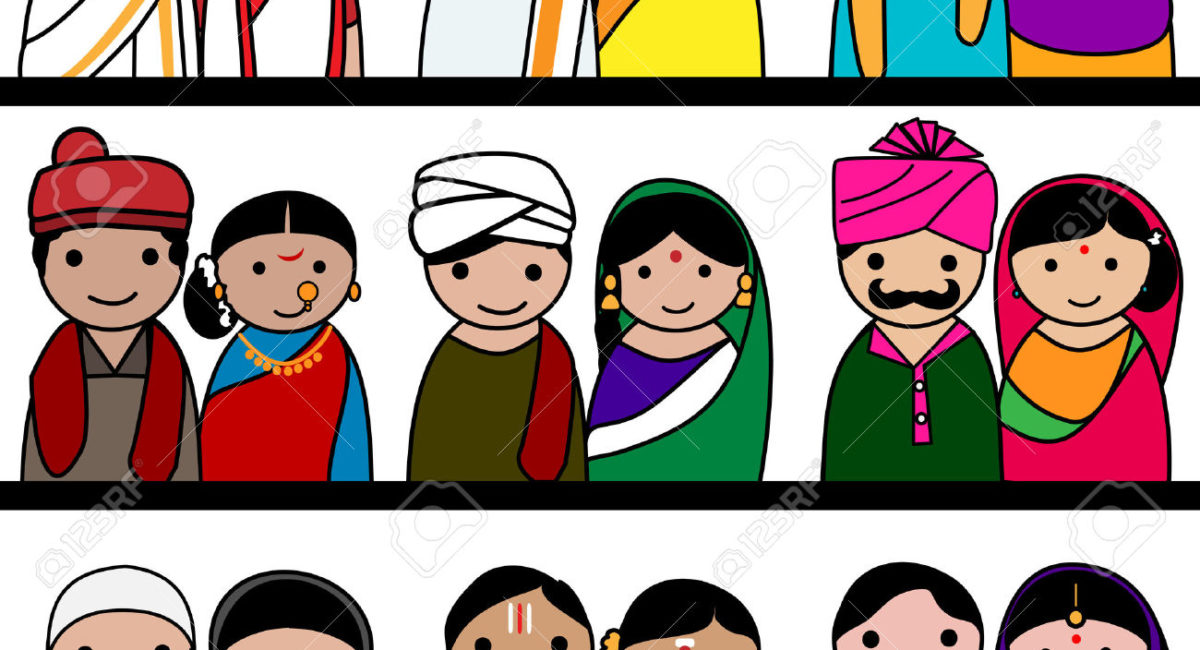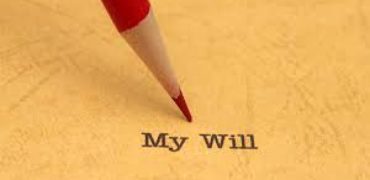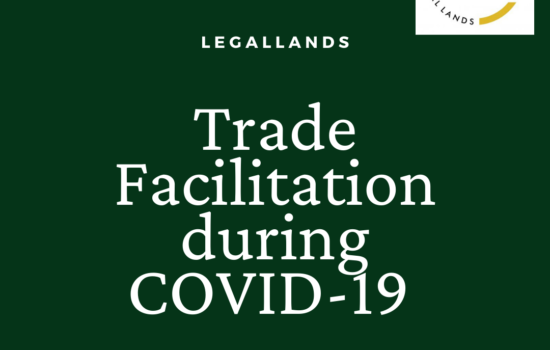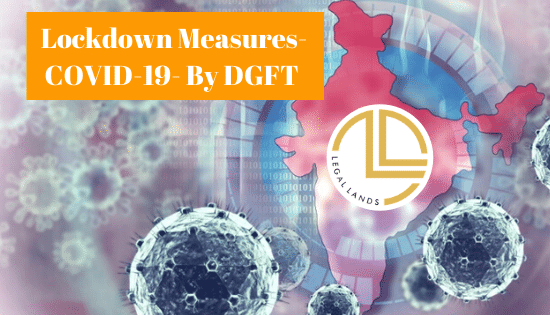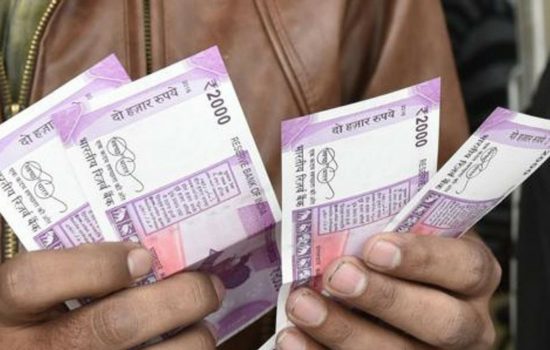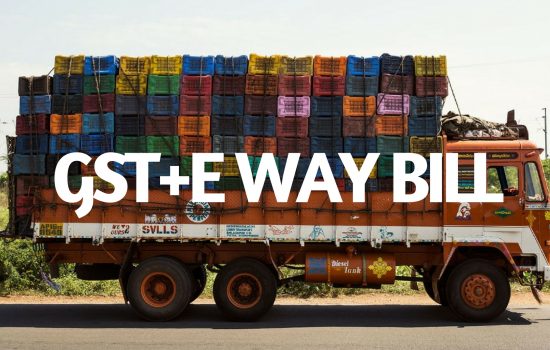Marriage under Indian Constitution:- The question under consideration before the constitutional bench of the Supreme Court is to consider that the religion of the women changes after her marriage and that she cannot practice the religion she was born in.
A special leave petition is filed by Goolrukh Gupta in Supreme Court on the Gujarat High Court judgment dated March 23, 2012 which is before the Constitutional Bench of Supreme Court. The arguments put forward before the Supreme Court which are worth considering are “religion is a matter of choice. One may be born in a religion but as soon as one reaches the age of expression, one has the right to choose the religion they wish to practice”.
In the Impugned judgment high court had upheld the decision on the part of Valsad Parsi Anjuman Trust to restrain a Parsi women to participate in the funeral of her father at the Fire Temple dedicated to Zoroastrianism on the ground that after marriage the women is ceased to be a Parsi and converted into Hindu.
The Senior Counsel further stated, “The freedom of conscience and free practice, profession and propagation of religion as guaranteed under Article 25 of the Constitution is vested in an individual and not in a religious denomination. The liberty of belief, faith and worship as envisaged in the Preamble has to be linked with the fundamental right under Article 25. The religion of any person cannot be dictated, least of all by the State.”
Further, “The restriction placed on the woman was not one imposed by the religion; it was at the behest of the trustees of the denomination. It amounts to excommunication. By stopping the daughter from participating in the funerary rites of her father, her filial right has been violated. That tantamounts to a contravention of the right to association guaranteed under Article 19.”
“The treatment meted out to the woman is sex-based. A Parsi man getting married to a non-Parsi woman would not be so discriminated. There has also been a violation of the right imbibed in Article 15.”
In response, Chief Justice Mishra also conceded, remarking, “I cannot perceive how a reasonable classification can be made on the basis of the biological difference between the two genders.”
Thereafter, the senior advocate sought to challenge the validity of the common law doctrine of merger of personality relied upon by the Gujarat High Court, in so much as the doctrine iterates that after marriage, the personality, including the identity and religion, of the wife merges with that of her husband.
“Can we import this English doctrine of common law which has been abandoned in its own country of origin,” Senior Counsel asked.
“Common law can only be enforced in India under Article 372. However, to be eligible for such enforcement too it is necessary that such doctrine fulfil the mandate of the provisions of the Constitution, particularly the fundamental rights. The proposition of law that there shall be a conclusive presumption to the effect that a woman, post marriage, converts to the religion of her husband and that the woman should go to the court to disprove the same is not acceptable. That change of name tantamounts to change of religion is not acceptable,” Senior Counsel said.
“Law, for the purpose of Article 13, means statutory law as well as customary law. There cannot be said to be in practice any custom or usage within the Parsi community on the lines of the doctrine of merger. Also, for any such custom to be legally enforceable, it is necessary that it satisfies two criteria- one, that it is ancient, unbroken and undisputed, and two, that it is in accordance with morality, decency and public policy,” she said.
The bench observed, “The purpose of the Act of 1954 is for the parties to the marriage to retain their individual religious identity post marriage. If either party had to convert to the religion of the other, then they would have solemnised the marriage under the Hindu Marriage Act of 1956. Unless the wife expressly denounces her religion and converts to the religion of her husband, logically there is a presumption that she is continuing to practice her own religion. Prima facie there is no case for accepting the application of the doctrine of merger.”
As such there is no final view taken by the apex court and have directed the senior counsel representing Valsad Parsi Anjuman Trust, to seek instructions on the issue of permitting Parsi women married to non-Parsis to take part in Zoroastrian rites and scheduled the matter for December 14 for further hearing.
Our Corporate Professional Team is ever willing to provide assistance on any issue concerning GST, Insolvency and Bankruptcy Law, Business Model Advisory in India and Abroad, Customs Law, Corporate & Commercial Advisory, IPRs. Secretarial Compliance, Agreement Drafting & Negotiations etc. you may write us on connect@lawyer.legallands.com,
Best Regards,
Corporate Professional Team

